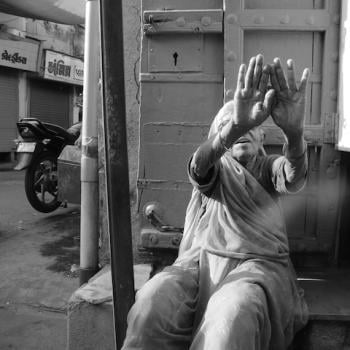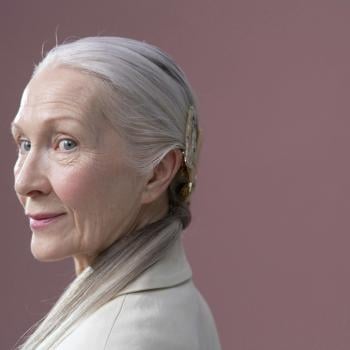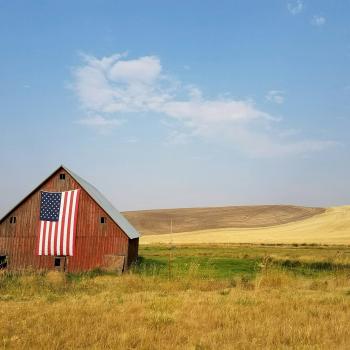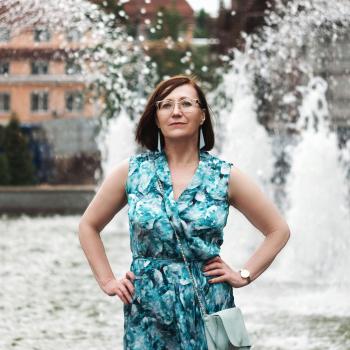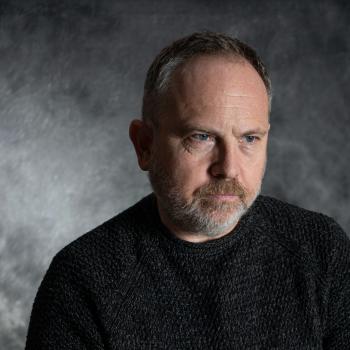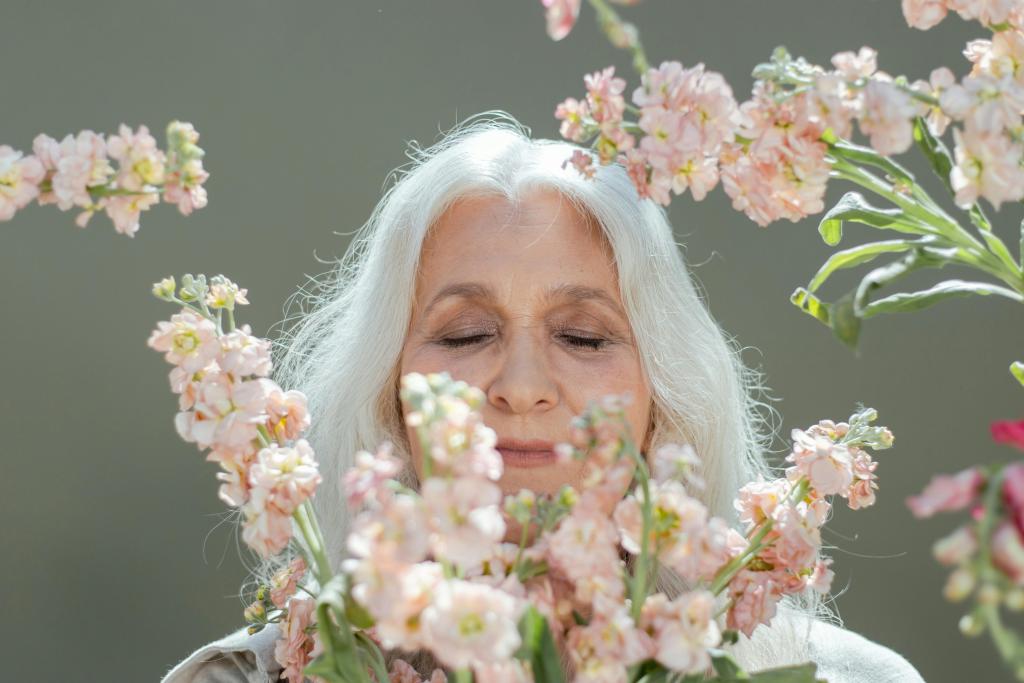
My mother-in-law resides in an assisted living facility. While her body is in relatively good shape, her brain has begun to fade. By 7pm, she cannot remember what she had for dinner at 5. Common words like porch, TV remote, and even her constant companion, walker, have begun to elude her. Still, she is better shape than many of her fellow residents. Some are confined to wheelchairs. Others have lost the ability, or the desire, to speak altogether.
As I’m only twenty years her junior, this has me thinking about my own ever-increasing age. It also has me reading books on how others looked at and dealt with the aging process. One such person is James Hillman. Well known as a psychologist and Jungian scholar (and a major influence on Thomas Moore), he has been called “the most important US psychologist since William James.”
Hillman wrote a dozen books on character and the soul. And while he lived until age 85, his last book was published in 1999, at the age of 73. In The Force of Character and the Lasting Life, Hillman had begun to reflect on his own advancing age and answer the question: What is the meaning and purpose of aging?
Over the years, our perspective on aging has changed.
Hillman writes that our modern society often equates old age with deterioration and a loss of value. We reach our peak in midlife and it’s downhill from there. And although The Force of Character and the Lasting Life was published twenty-five years ago, I’m not sure that the perception of aging has changed much since. Hillman says it wasn’t always this way:
In centuries past, the old were not mainly thought of as limping toward death’s door, but were regarded as stable depositories of customs and legends, guardians of local values, experts in skills and crafts, and valued voices in communal council. What mattered was force of character proven by length of years.
In fact, before the last hundred or so years, it wasn’t the old that were associated with death. It was the young. Hillman explains:
Mortality was associated with youth: stillbirth and death in infancy; battle wounds, duels, robberies, executions, and piracy; the occupational hazards of farming, mining, fishing, and of childbirth; family feuds and jealous rages; epidemics and plagues that carried off populations in the prime of life.
One thing that hasn’t changed: Aging develops our “character.”
Character is defined as the sum of your principles, values, and traits. It’s as unique as your fingerprint and as we age, it can often surface in interesting and unusual ways and at unexpected moments. It might be revealed in how a person reacts to a stressful situation like misplacing their phone, how they engage with service people and random strangers, how they deal with their own encroaching mortality.
Hillman believed that as we age, our unique “character” becomes more pronounced. We become more authentic, more comfortable in our own shoes. Our true nature can’t help but shine through. Hillman saw aging not as a state of decline to be feared or resisted—but as a crucial stage of life.
As we grow older, we blossom into the person we are at our core, warts and all. And elements of our character that had been hiding, emerge. We are finally and fully who we were meant to be, our deepest beliefs and unique qualities becoming visbile for all to see.
Old age is ripe with challenges.
In Hillman’s words, “oldness is an adventure.” In some cases, as with my mother-in-law, the body is reasonably fine, but the mind has begun to falter. For others, the mind is still fully functioning, but the body has become less steady and sporadically stops cooperating with the brain. As Hillman points out in this humorous passage:
Stepping from the bathtub, hurrying to the phone, or just going down the stairs presents as much risk as traveling camelback in the Gobi. Once we were down the stairs and out the doorway ahead of our feet. Now who knows when the trick knee will give out or the foot miss the tread.
Hillman also posits a unique theory as to why when we age, our short-term memory begins to falter. To his thinking:
(The aging mind) runs a LIFO system—last in, first out—swiftly ridding the premises of new input in order to preserve enough emotional space for what has been there a long time. The inability to recall this morning’s conversation keeps the shelves open for assembling the records so long stored.
When new events come into our lives, our aging brains will often tie them in with old ones. The present consistently reminds us of the past. Hillman explains:
You travel to a foreign city and find yourself talking about another place it reminds you of; you meet a younger relative and notice only the traits of her mother and aunts. As we age, something in us wants to return to distant halls and dusty mirrors.
As we age, we begin to mellow.
In our later years, we being to reflect more about our past. Our triumphs and tragedies. Our brilliant moves and foolish mistakes. As we age, many of us will look back on our lives and appreciate how far we have come. We remember those who have helped us. We may recall our grievances and realize they were not so important after all. Hillman writes:
Arduous struggles, envious rivalries, even betrayals don’t hurt as much. All the slings and arrows of outrage lose their fire and forget their aim. Why do the dark days of the past lighten up in late recollection? Is this a subtle hint that the soul is letting go of the weights it has been carrying, preparing to life off more easily?
Our choice is to become an “oldster” or an “elder”
Hillman says that our legacy is not just what we do, but who we become through the long process of living. He points out there’s a difference between an “oldster,” who has not realized the true essence of his character, and an “elder.” It’s the distinction between merely “aging,” which can occur passively, and actively absorbing our life experiences to extract the wisdom they contain.
This perspective aligns with the views of author and mythologist Michael Meade, who emphasizes that elders are not merely individuals who have aged, but those who have attained wisdom. This wisdom is derived from their life experiences, the knowledge they have gained, and their journey through personal challenges. In Meade’s words:
Elders fall into the category of things that are made, not born. An infant becomes a child simply by aging, but a person cannot become an elder by simply becoming older. Old age alone cannot make the elder, for the qualities most needed involve something more than physical change. Becoming an elder is not a “natural occurrence,” there is something meta-physical involved, something philosophical and spiritual that is required.





